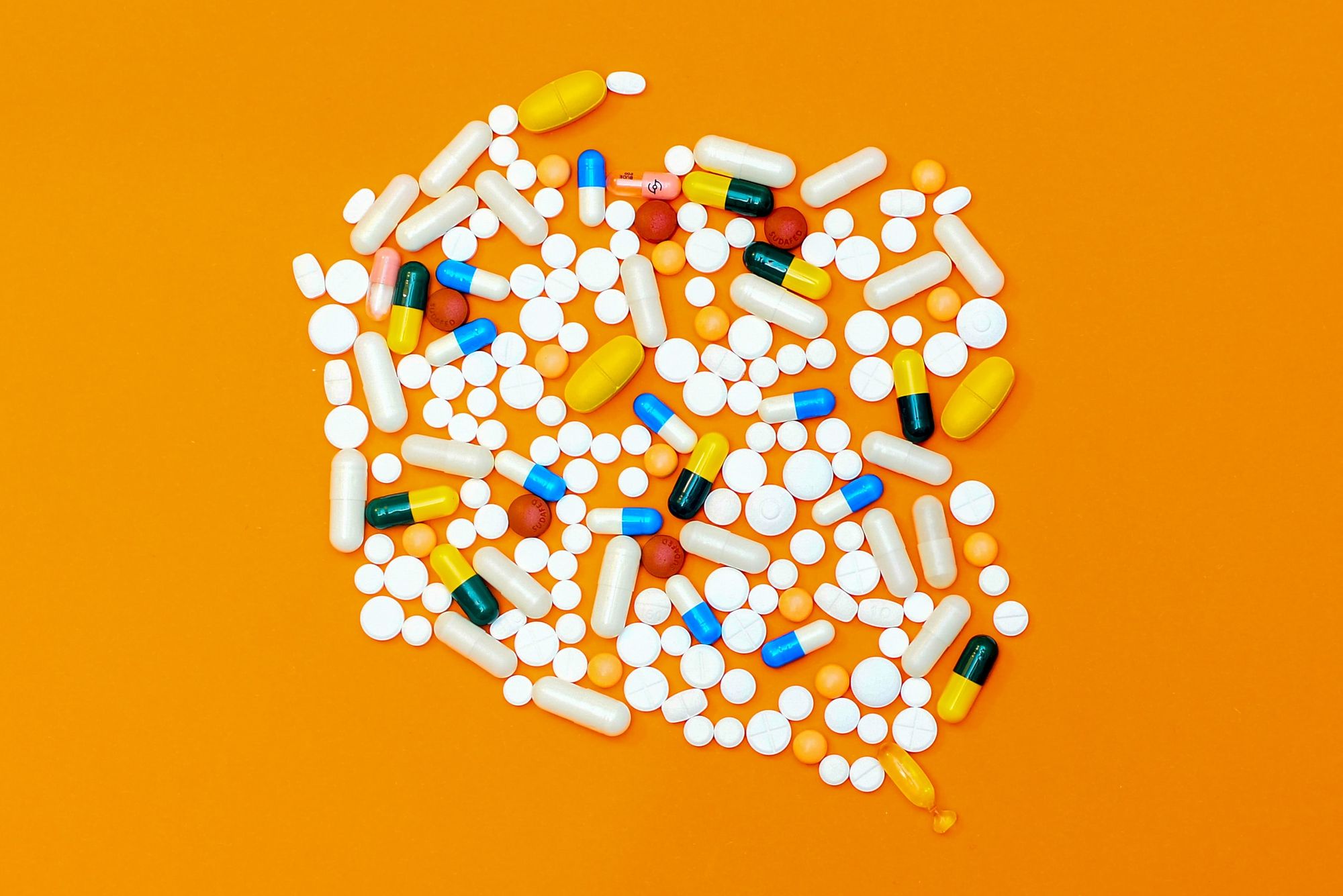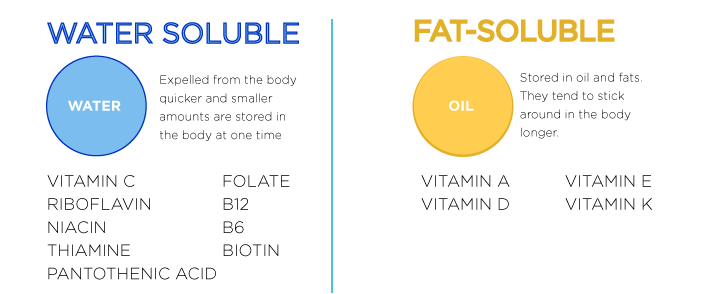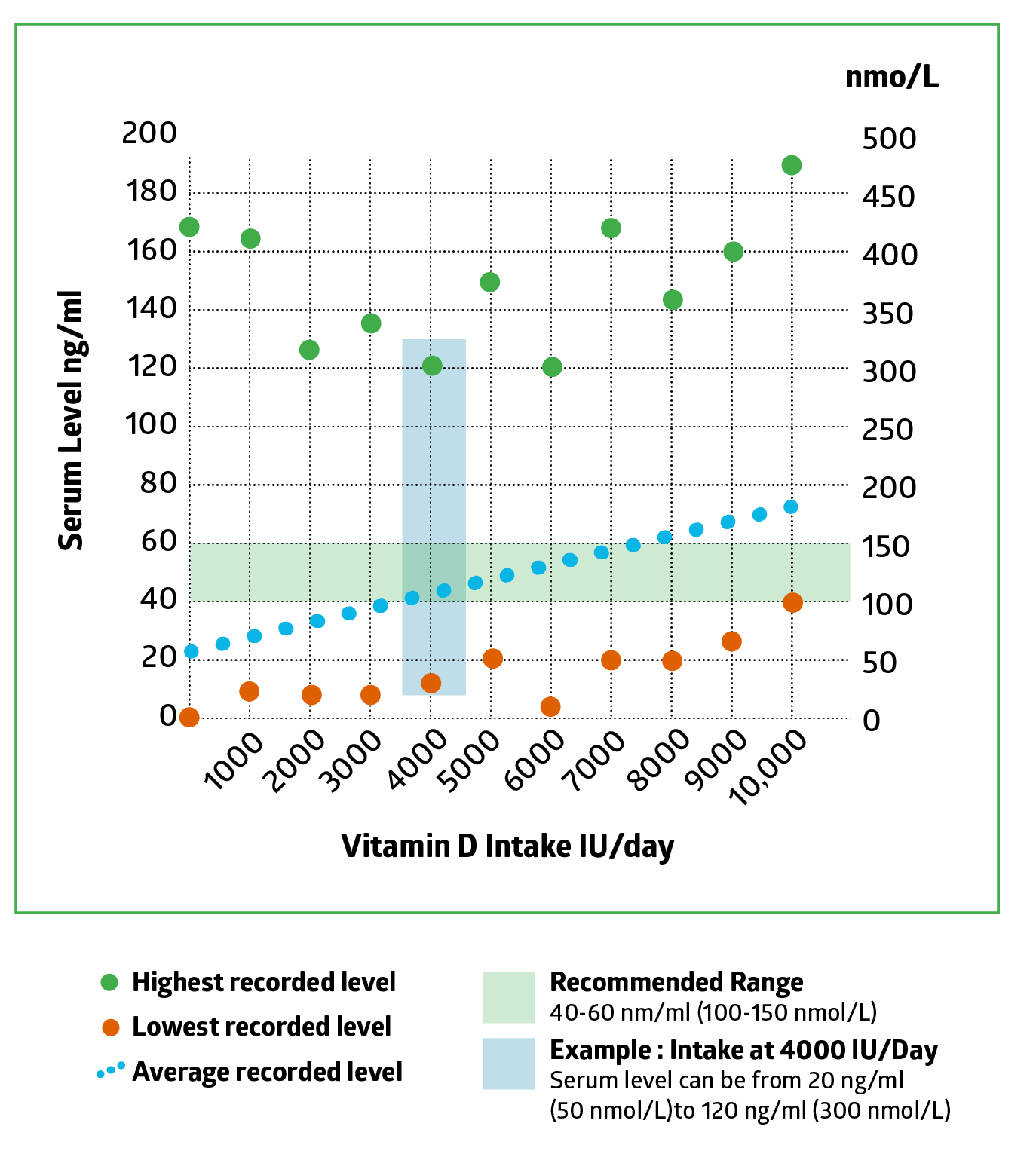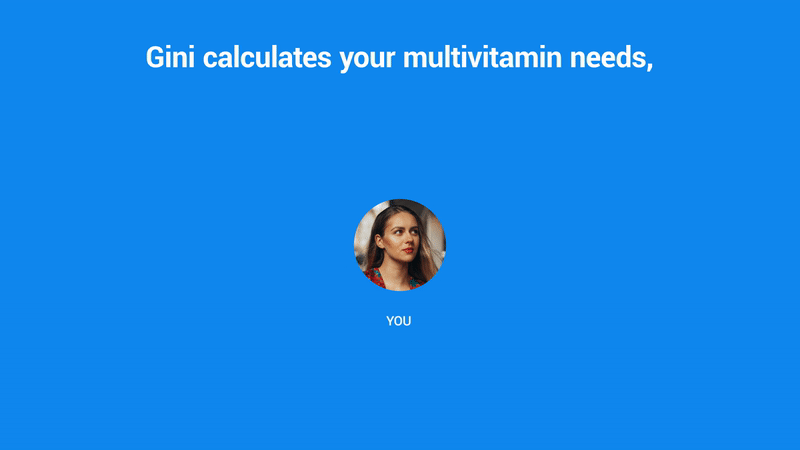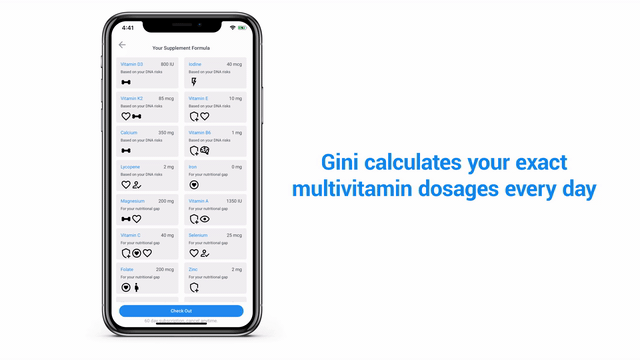Coronavirus has changed our world.
While we are locked down in our houses and trying to do the best for our own and our family's health, a lot of us are buying more and more multivitamins and immunity boosting supplements. The global dietary supplements market size was projected to hit US$ 230.73 billion by 2027. There are hundreds and thousands of options to choose from including product lines and brands from famous celebrities.
Can you really overdose on vitamins and minerals?
Answer is yes.
Megadoses of vitamins like A, D, E, and K can cause serious problems, and even standard doses may interfere with certain prescription medicines.
Due to potential toxicity risks, it’s not recommended that you consume more than the tolerable upper intake levels set for the nutrients by the DRI. See the upper limits for vitamins and minerals (Source: Food and Nutrition Board, Institute of Medicine, National Academies).
Too much calcium and iron cause adverse effects for many people. Iron overload causes or aggravates hemochromatosis.
Consider the example of Nina.
She’s a middle aged woman who’s going through menopause. She’s worried about her bones and takes multivitamins which includes 500 mg of Calcium. Her regular fortified breakfast of raisin bran or cornflakes gives her 1000mg of Calcium. Adding a glass of milk to this provides her another 300 mg. To top this she takes one tablet with 300 mg of Calcium specifically for menopause and this places her above the 2000 mg threshold recommended as upper limit for her age and gender.
Consuming large doses of individual nutrients when they are not prescribed to you don’t result in any benefit. Blasting your metabolism and internal organs with these unnecessary doses make them to work more in clearing these doses out of the body
New pharmaceutical drugs are considered unsafe until proven safe through clinical trials. Dietary supplements are considered safe until proven unsafe. Dietary supplements are usually self prescribed, there’s no controlled system for reporting bad reactions and side effects.
Daniel Fabricant, Ph.D., director of the agency’s Division of Dietary Supplement Programs suspects that most supplement problems never come to FDA’s attention.
The FDA saw 10,300 serious reports between 2007 and mid-April 2012, including 115 deaths and more than 2,100 hospitalizations. So we may only be seeing the tip of the iceberg.
Common symptoms of a vitamin overdose
Vitamins come in two forms. Some are water soluble and others are fat soluble. Water soluble vitamins are expelled quickly, but fat soluble vitamins are stored away in our liver and fats for later consumption.
The typical problems with vitamins include:
Kidney problems : Vitamins as common as vitamin C taken in excess amounts can be harmful to your kidneys. Vitamin C intake could increase the risk of calcium oxalate kidney stones.
Stomach aches, constipation and other gastrointestinal symptoms: can be caused by overdoses of Vitamin D, magnesium, certain B vitamins and many herbal products.
Liver issues : The fat soluble vitamins, vitamins A, D E, and K, can be stored by our bodies in the liver or in fatty tissues. They are stored until they’re required, which consequently means they generally don’t need to be ingested as frequently. Megadoses of these fat-soluble vitamins can cause liver failure.
Mental health effects – Toxic levels of vitamins accumulating in your body can cause issues with cognition. Especially lethal can be very high doses of Calcium or vitamin D.
Risk of increased heart-attack - regular users of Calcium supplements were found to be at an 86 percent increased heart-attack risk compared with those who didn’t use supplements. The researchers theorize that the supplements may cause quick spikes in blood calcium levels, whereas calcium in food is likely to be absorbed more slowly.
Individual variations
Two people can be taking the same amount of Vitamin D per day and measure different serum Vitamins D levels.
The blood serum levels can vary greatly from person to person. And it’s not just Vitamin D, it applies to all nutrients. The daily recommended intake values are set taking some of these variations into consideration based on your age and gender. These recommended values are suggested for a statistical average person while in reality we all are different on basis of our unique genetics and environmental factors.
Above graphic shows the variance of Vitamin D supplementation and 25(OH)D serum levels.
The issue: How much nutrition are you getting from your diet?
The best way to get all the nutrients you need is by consuming a well-rounded diet. However this is easier said than done. For one, it’s extremely hard to figure out how much you’re eating without tracking your meals, snacks and multivitamin intake on a daily basis. On top of this there are interaction effects among vitamins and the ability of your body to absorb them.
The very technical definition of a dietary supplement is to supplement your diet. So how do you know what to supplement with, without knowing exactly what you’re getting from your regular diet?
Taking multivitamins without understanding your body’s unique needs may result in you wasting your money or worse overdosing on vitamins and leaving a deficiency unresolved.
Personalizing your supplements - Different approaches
Genetics:
With the recent advancements in genetic research and testing, we have gotten to a stage where we have genome-wide association studies (GWAS) with large enough sample sizes. If we understand our genetic predispositions and weaknesses better why not apply it to personalizing our nutrient intake?
Diet:
Our diet is the biggest determinant of the exact amount of nutrients we need. Most food trackers help you do this and help you keep track of where your nutritional gaps are. But none of them helps you bridge those gaps - via food or supplementation.
If you follow a strict diet, a regimen with a low variety of foods or regularly eat processed foods, you’re highly likely to be deficient in certain nutrients that are critical for your long term and short term health.
For example, a vegetarian diet is associated with a lower intake of B12. Vitamin B12 and folate form one of nutrition's more powerful dynamic duos. They work together to support some of the most fundamental processes of cell division and replication. If you don’t get enough B12, it can impact your DNA creation and repair process.
Biometrics:
Personal attributes such as gender, age, ethnicity, height and weight can all play a role in determining the right amount of nutrition you need. Most new age supplements companies capture some of this data as part of a survey and then customize supplements for them. However, this is just an elementary form of customization.
Location Data:
A 7 year study published in 2018 found that location has a significant impact on 25(OH)D concentrations - a serum test for Vitamin D. The study suggests that the population living in a geographic location higher than 35 degrees north may need increased vitamin D dosage and solar exposure to offset risk of low vitamin D and calcium status.
Sleep & Exercise:
Both sleep and exercise can be variables in customizing nutrition. Melatonin supplementation or white kidney powder for weight loss can be prescribed based on your sleep and activity levels.
Health history:
Your health history plays a role too. Health concerns like allergies, skin, mood, energy, stress, allergies, alcohol, smoking habits can all be contributing factors for what nutrients you need on a daily basis. If you’re taking certain drugs
A combined revolutionary approach: The Gini smart pill
The first of its kind, Gini combines all of the above approaches for personalization.
The app creates a smart pill for you that changes everyday based on your DNA, sleep, exercise pattern, daily behaviour, health goals, biometrics, location and health history. The new app update will be here soon!
The supplements are delivered to your doorstep in batches every two months. It takes into account your behaviour on a daily basis to customize your supplementation on an ongoing basis. The ultimate objective of the app is to help you keep your supplementation to a minimum amount and ensure that you get all the nutrients you require based on all possible variables from your diet.
Quest for nutrients in harmony
Vitamins and essential minerals are necessary for critical metabolic functions. Because our body can’t make these by itself, we need these from food and dietary supplements.
Nutrient imbalances are highly prevalent in the US and in developed countries because of an affinity towards consuming processed foods. Most of the world’s population consume many of the vitamins and minerals at levels below those recommended.
Our bodies need all nutrients in harmony so that our it can tune up the metabolism and focus on activities that lend to longevity.
Gini’s radical new approach is holistic, scientific, personalized and precise when compared to available options in the market. This can have a phenomenal impact on health for everyone. At scale it can particularly help the poor and elderly in terms of overall health reducing the costs borne by the healthcare system.

